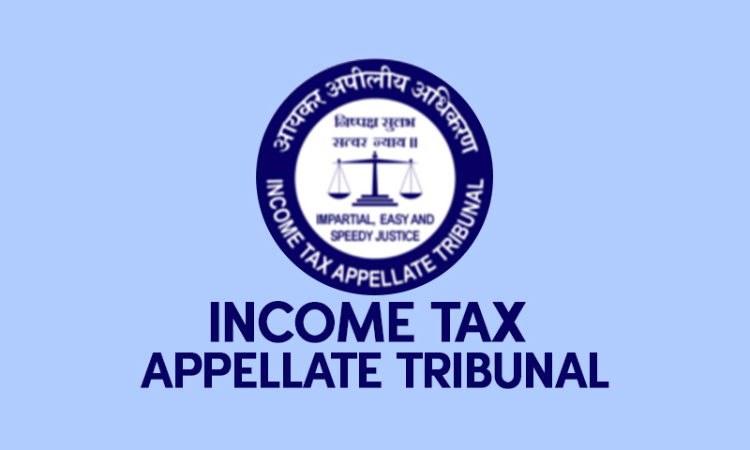On finding that there is no prejudice against the Revenue and the twin conditions to exercise the power u/s 263 of the Income Tax Act, 1961 have not been satisfied, the Ahmedabad ITAT set aside the order of PCIT to assess the assessee's case freshly.The Bench of the ITAT comprising of Madhumita Roy (Judicial Member) and Waseem Ahmed (Accountant Member) observed that, “the value of closing...

